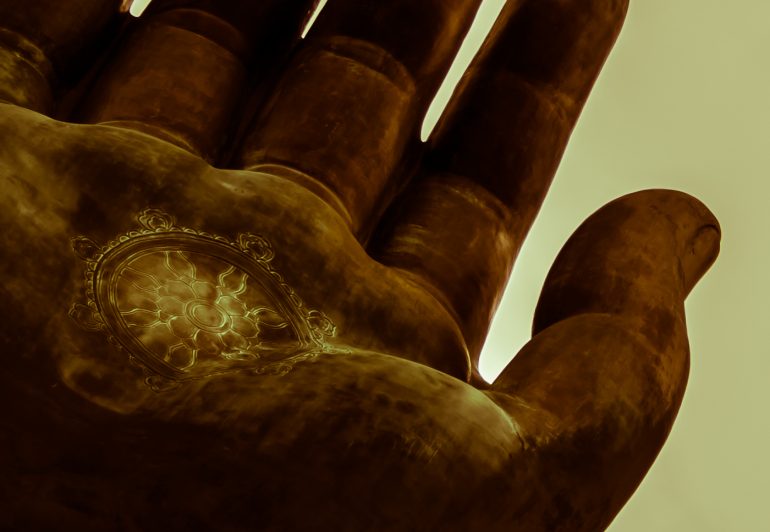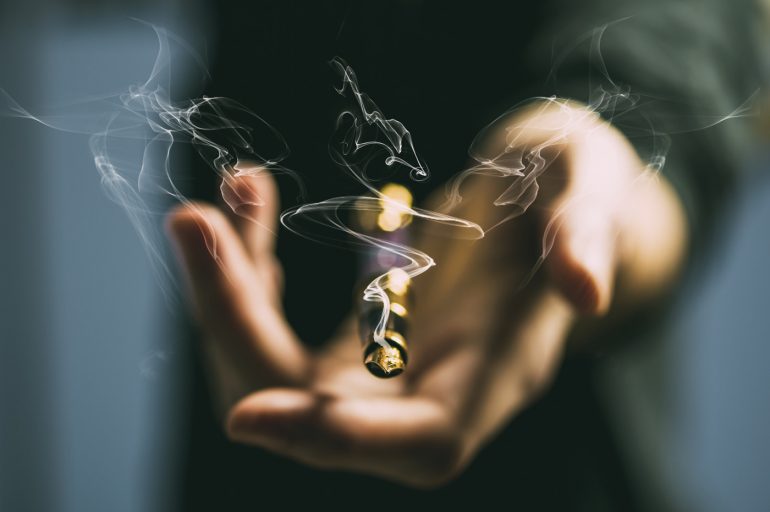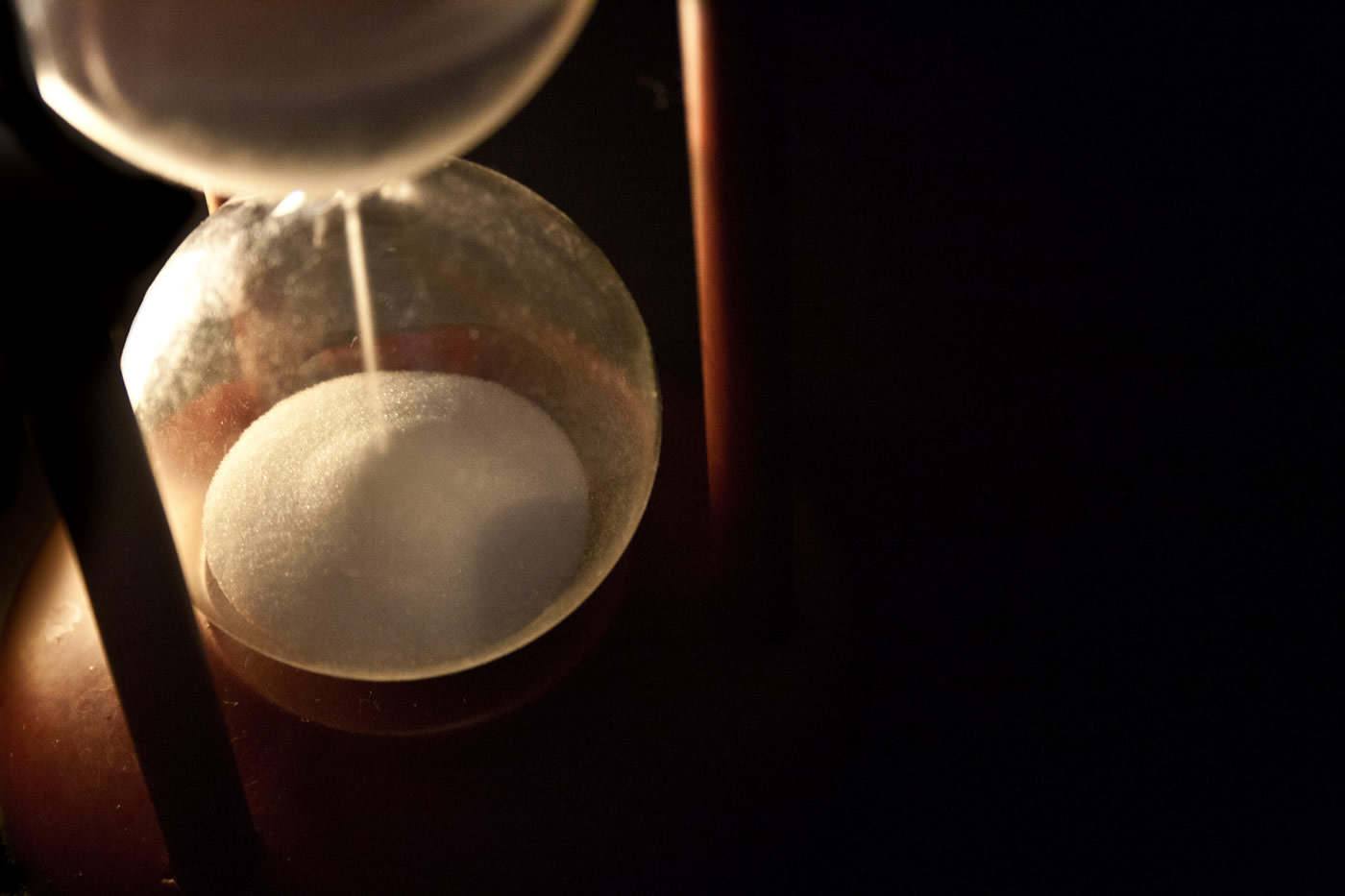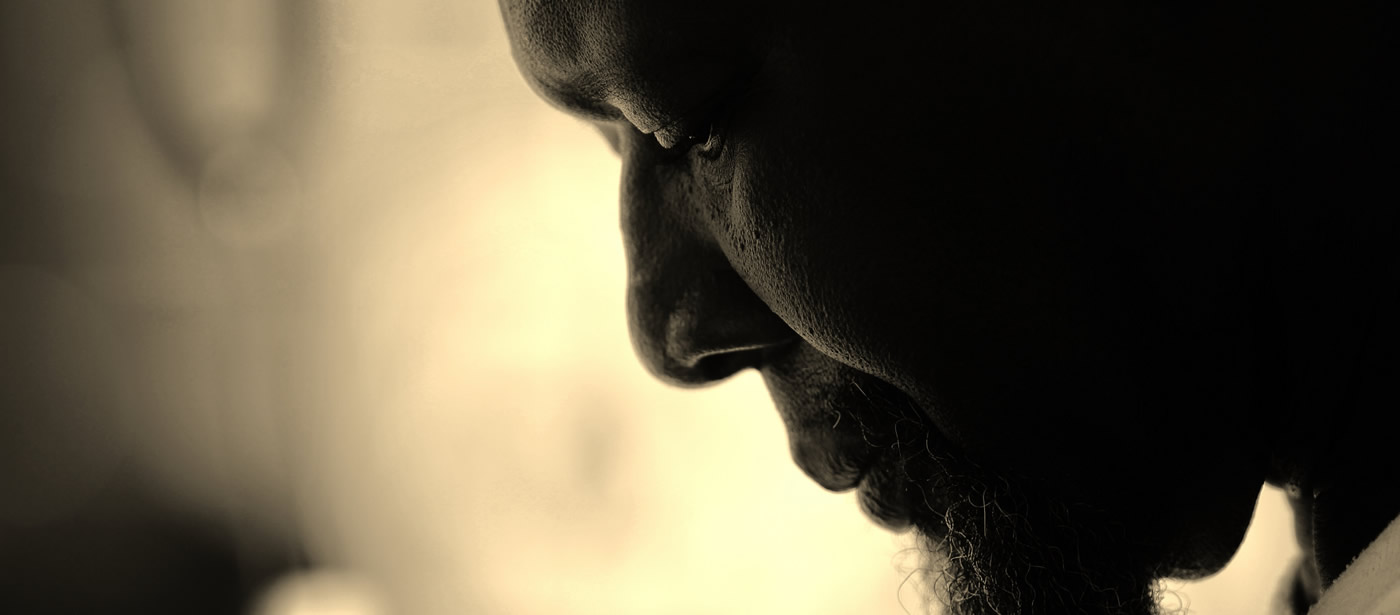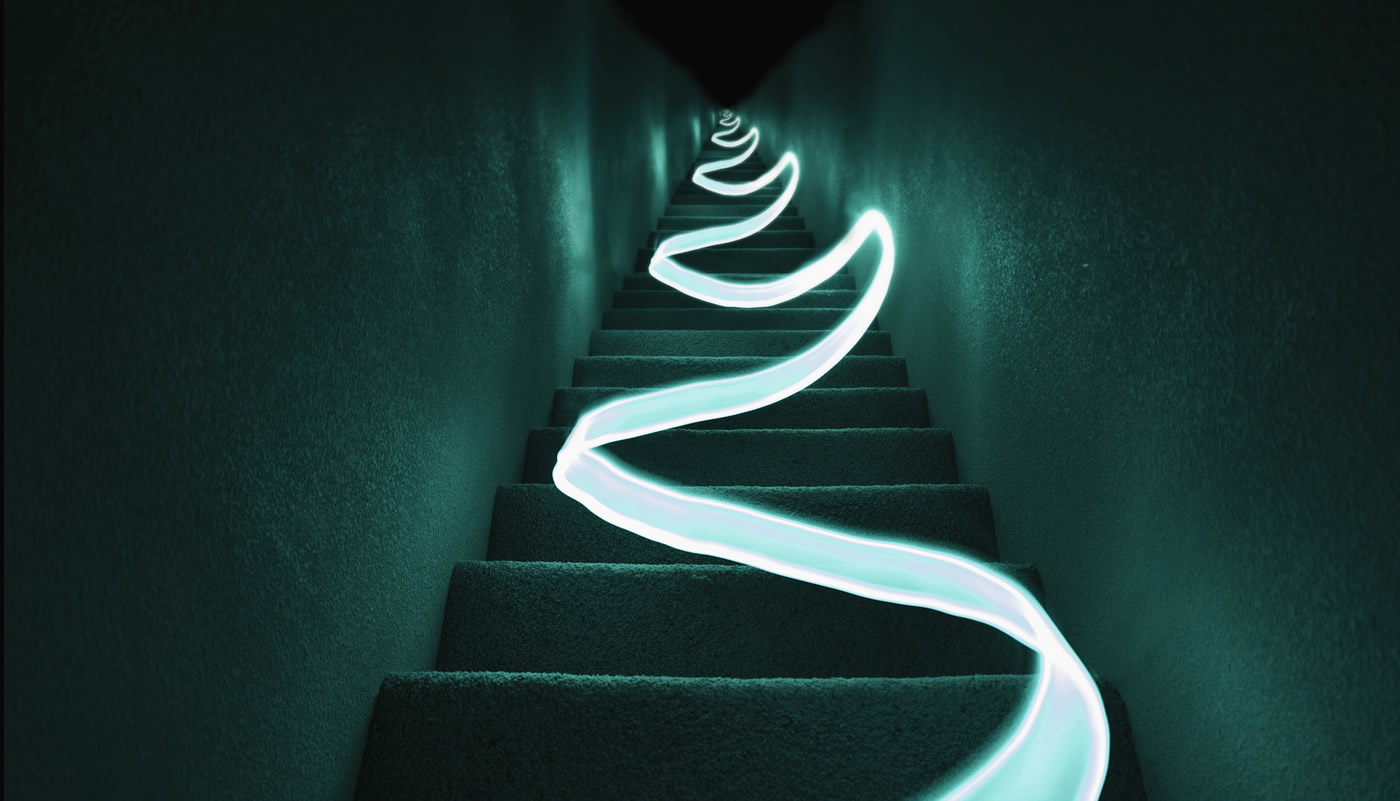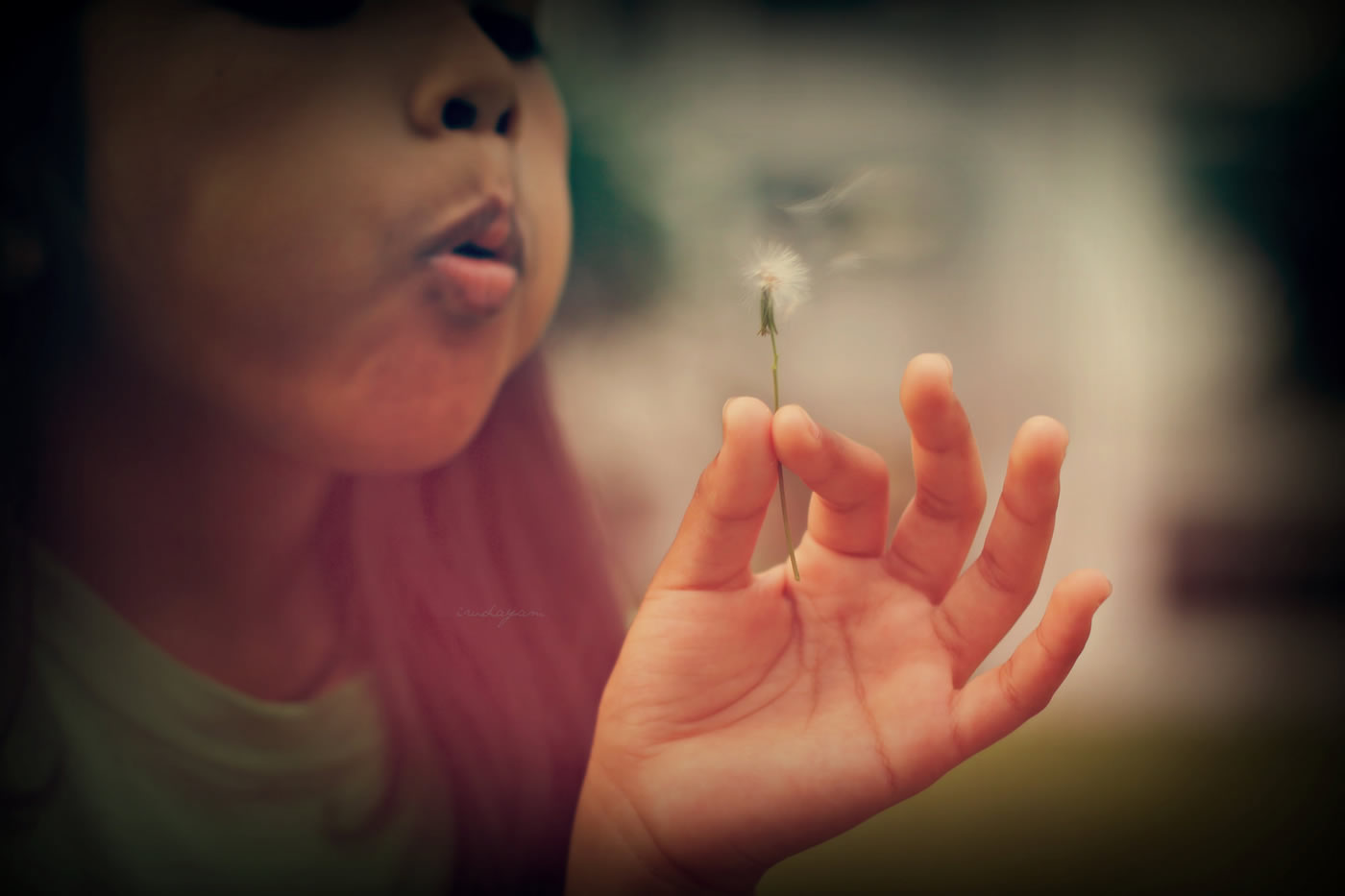There are two presentations of Abhidharma, the lower or Hinayana presentation, and what’s considered the Higher Abhidharma of the Mind-Only School. The most famous text of Lower Abhidharma, which is studied in Tibet, is the Abhidharma Kosha by Master Vasubandhu.
The text by Master Vasabandhu that Geshe Michael is using here is called, Shastra on the Door to Understanding the Hundred Dharmas and is written from the perspective of the Higher Abhidharma of the Mind-Only School.
Geshe Michael says the most interesting part of this text is the last part, which diuscusses things which don’t have a cause and are unchanging. Understanding this important and delicate topic is crucial to deepen our understanding of emptiness, and can ultimately trigger a deep meditative experience of it.
Six Kinds of Uncaused (Unchanging) Things:
According to the Abhidharma, there are six kinds of unchanging things which don’t have a cause.
1. The absence of something that was never there, emptiness is an example of this type.
2. Stopping (your pain) with examining. You stop three kleshas after direct perception of emptiness on the third path.
3. Stopping (your pain) without examining: you never have to go to a lower realm on the second path.
4. Unmoving: in Chinese it’s empty space, or a kind of deep meditation.
5. The stopping of feeling and discrimination at the time you become enlightened.
6. The emptiness of the three kinds of karma.










